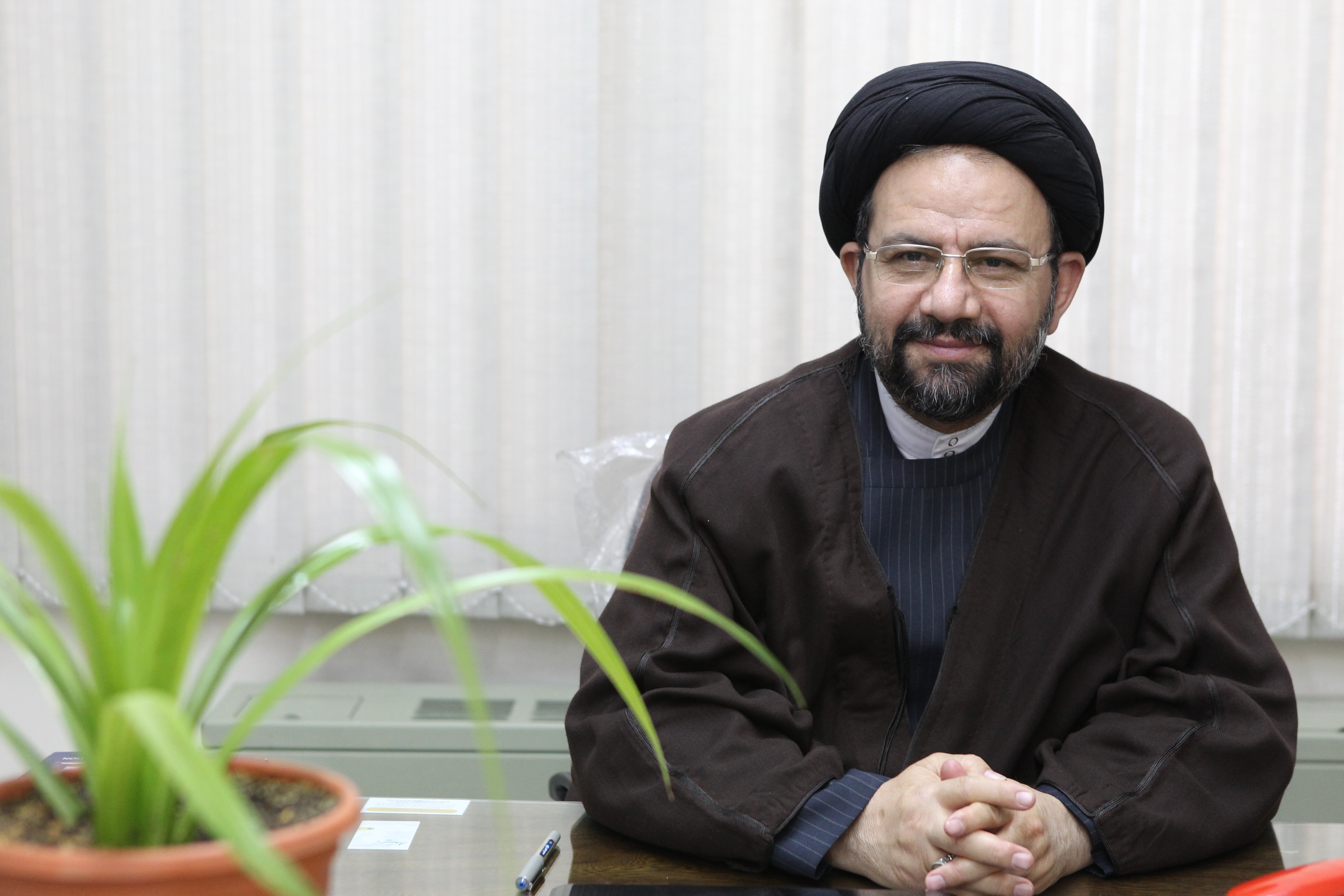Abstract
We use the British Cohort Study to investigate to what extent parental resources moderate the association between parental divorce in childhood and lowered child well-being as indicated by maternal reports of child psychological well-being and by academic test scores (reading and math tests). We argue that children of mothers with more years of education suffer less when their parents split up because better educated mothers may be better able to provide a safe and stable environment for their children after divorce. In addition, we argue that having a better educated father could either aggravate or reduce the effects of parental divorce. This is one of the first studies to simultaneously investigate the role of maternal, and paternal resources, and pre-divorce shared resources. Our analyses indicate that the effect of parental divorce on psychological well-being is reduced for better educated mothers and for families with more pre-divorce economic resources, but increased for better educated fathers. For academic test scores we find a protective effect of having a better educated father and higher pre-divorce social resources.Article Outline
- 1. Introduction
- 2. Background and hypotheses
- 2.1. Mother’s education
- 2.2. Father’s education
- 2.3. Shared resources
- 3. Data and methods
- 3.1. Psychological well-being
- 3.2. Academic test scores
- 3.3. Parental divorce
- 3.4. Educational level
- 3.5. Shared economic and social resources
- 3.6. Controls
- 3.7. Analysis strategy
- 4. Results
- 4.1. Psychological well-being
- 4.2. Academic performance
- 4.3. Gender differences
- 5. Conclusion and discussion
- . Appendix A
- Appendix B. Additional analysis using the wave at age 16
- References





